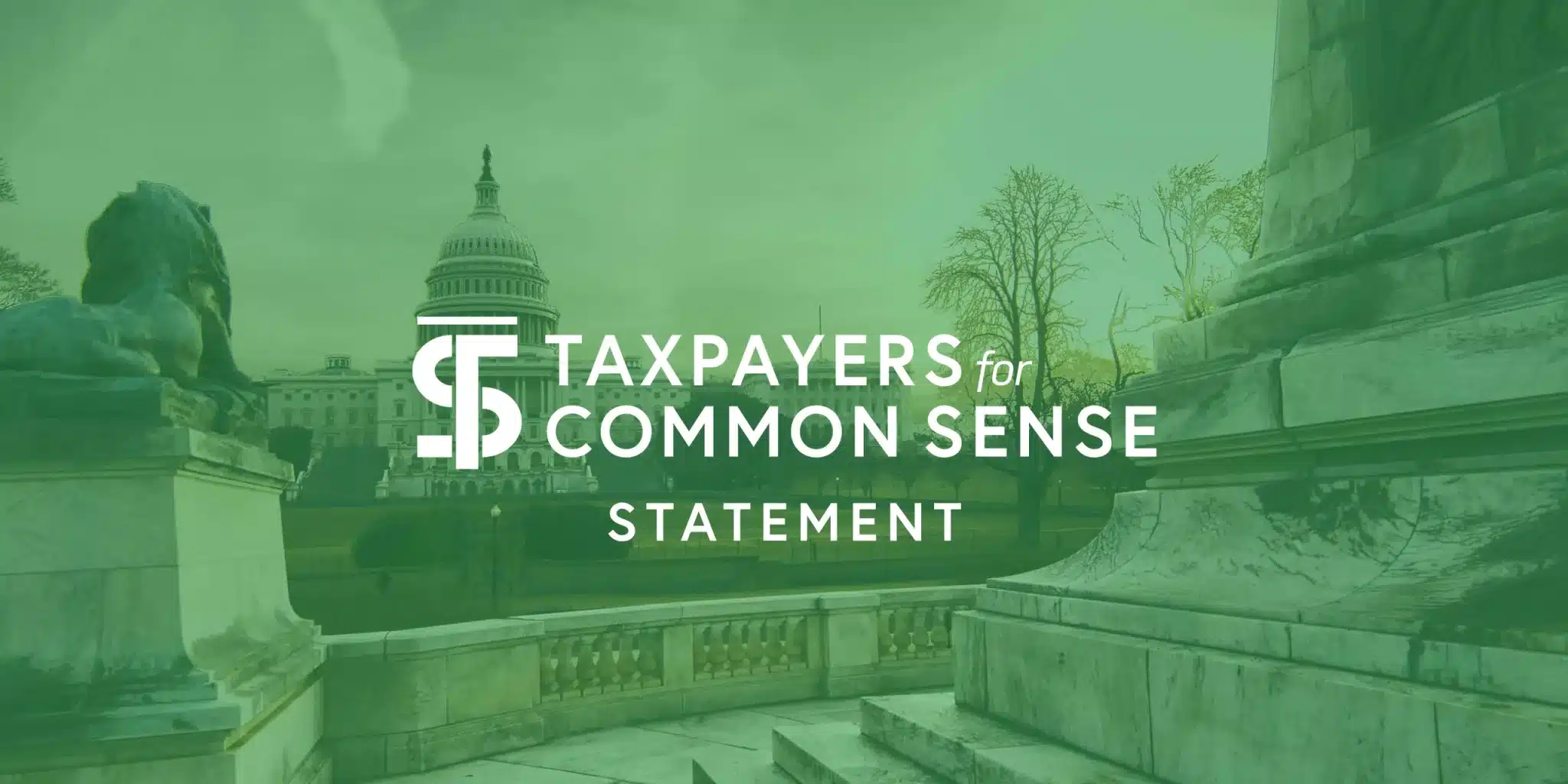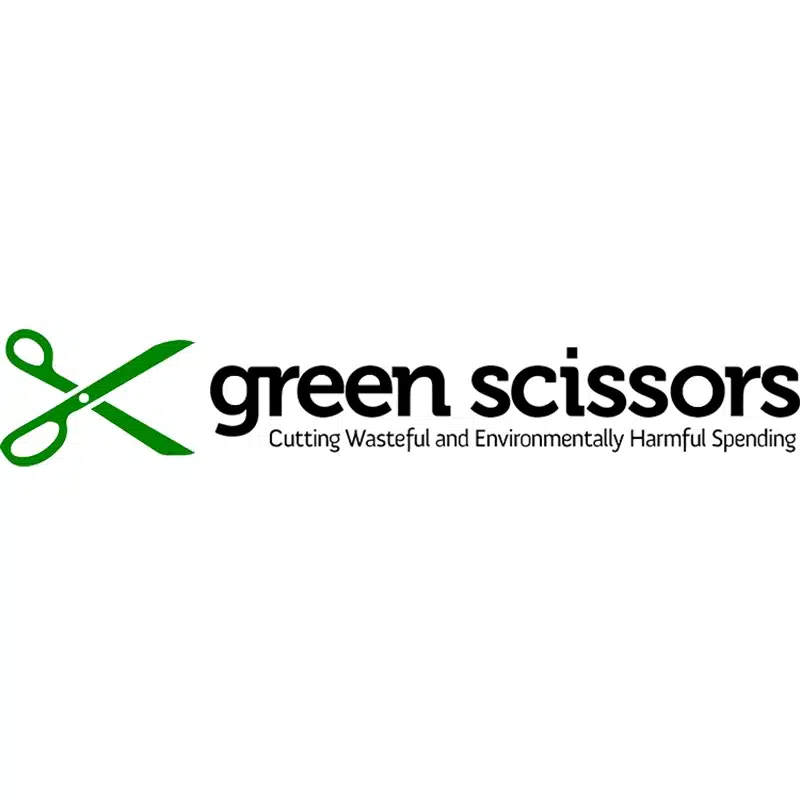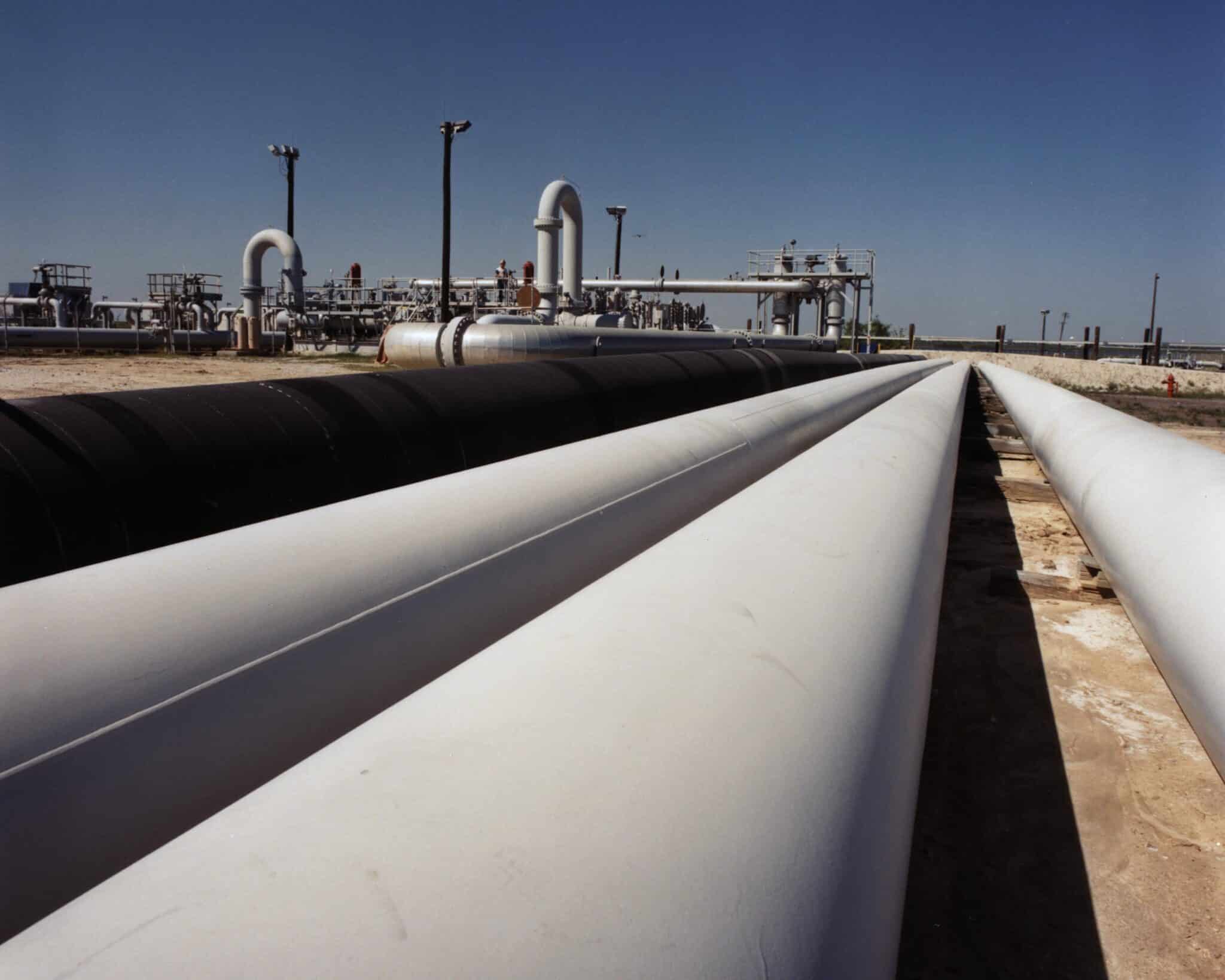Washington, DC – Oil and gas companies have avoided paying more than $4 billion to state and federal taxpayers over the last decade for oil and gas production on federal lands in Wyoming, according to budget watchdog group Taxpayers for Common Sense. Below-market royalty rates, outdated rental rates, and a noncompetitive process that lets companies avoids competitive auctions are to blame, says the group in its report, Waste in Wyoming: Below-Market Rates, Oil & Gas Industry Giveaways, and Billions of Dollars in Lost Revenue.
Wyoming is the top producer of onshore federal gas and second leading producer in onshore federal oil. In 2010, Wyoming produced roughly one-third of all oil and one-half of all natural gas developed on federal lands. Half of the proceeds collected by the federal government for drilling on federal land goes to the state where the land is located, meaning Wyomingites have lost more than $2 billion over the last decade thanks to lax policies by the Department of the Interior.
This year, the Department of the Interior has lowered royalty rates even further for hundreds of leases in Wyoming. Under the guise of COVID-19 relief, 375 leases were granted temporary royalty rates of 0.5 percent. The rate reductions in Wyoming this summer represent 70 percent of all rate reductions granted nationwide, according to the report.
“In the last decade, Wyoming taxpayers have lost billions of dollars because of outdated oil and gas policies,” said Steve Ellis, president of the watchdog group. “That’s real money for state and local coffers and it’s past time to stop these tremendous losses year after year.”
The largest source of lost revenue, according to the analysis, is the low royalty rate the Department of the Interior charges producers for developing oil and gas on federal lands. Oil and gas companies pay royalties on the minerals they remove from private, state, or federal lands to compensate the owner of these resources. At 12.5 percent, the federal royalty rate, set in 1920, is less than the 18.75 percent the federal government charges for offshore drilling, and less than the 16.67 percent charged by the State of Wyoming for most new drilling on state lands. The budget watchdog group estimates federal agencies could have collected $4 billion more from 2010 to 2019* if it had been charging the 18.75 percent royalty rate it applies to federal offshore drilling.
“The state of Wyoming charges a royalty that’s a third higher and the State of Texas often charges double the federal rate. It’s time to bring federal royalty and leasing policies into the 21st Century,” said Ellis.
According to the report, federal agencies also lose revenue for taxpayers by allowing oil and gas companies to lease federal land noncompetitively without paying a bid for it at auction. In 2019, the Bureau of Land Management issued noncompetitive leases covering 119,287 acres in Wyoming, 37 percent of the total issued nationwide.
Waste in Wyoming also examines rental rates, which have remained unchanged for decades. It finds that if the rent for federal leases established in 1987 had simply been indexed to inflation, taxpayers would have received $120 million more in revenue from Wyoming leases over the last decade.
Additionally, the report finds that federal oil and gas parcels in the Wyoming are being leased for rock bottom prices. In fiscal year 2019, more than 40 percent of the leased acres in the state sold for $10 per acre or less and more than 1 in every 5 acres sold for just $2 per acre – the minimum the Department of the Interior can legally accept.
“It is outrageous that oil and gas companies can lease federal land for the price of a cup of coffee or grab it the day after a lease sale for nothing. During the current economic downturn these giveaways are even more egregious,” concluded Ellis.
*all years are federal fiscal years
###
ABOUT: Taxpayers for Common Sense (TCS) is a nonpartisan budget watchdog that has served as an independent voice for the American taxpayer since 1995. TCS works to ensure that taxpayer dollars are spent responsibly and that government operates within its means.











Get Social